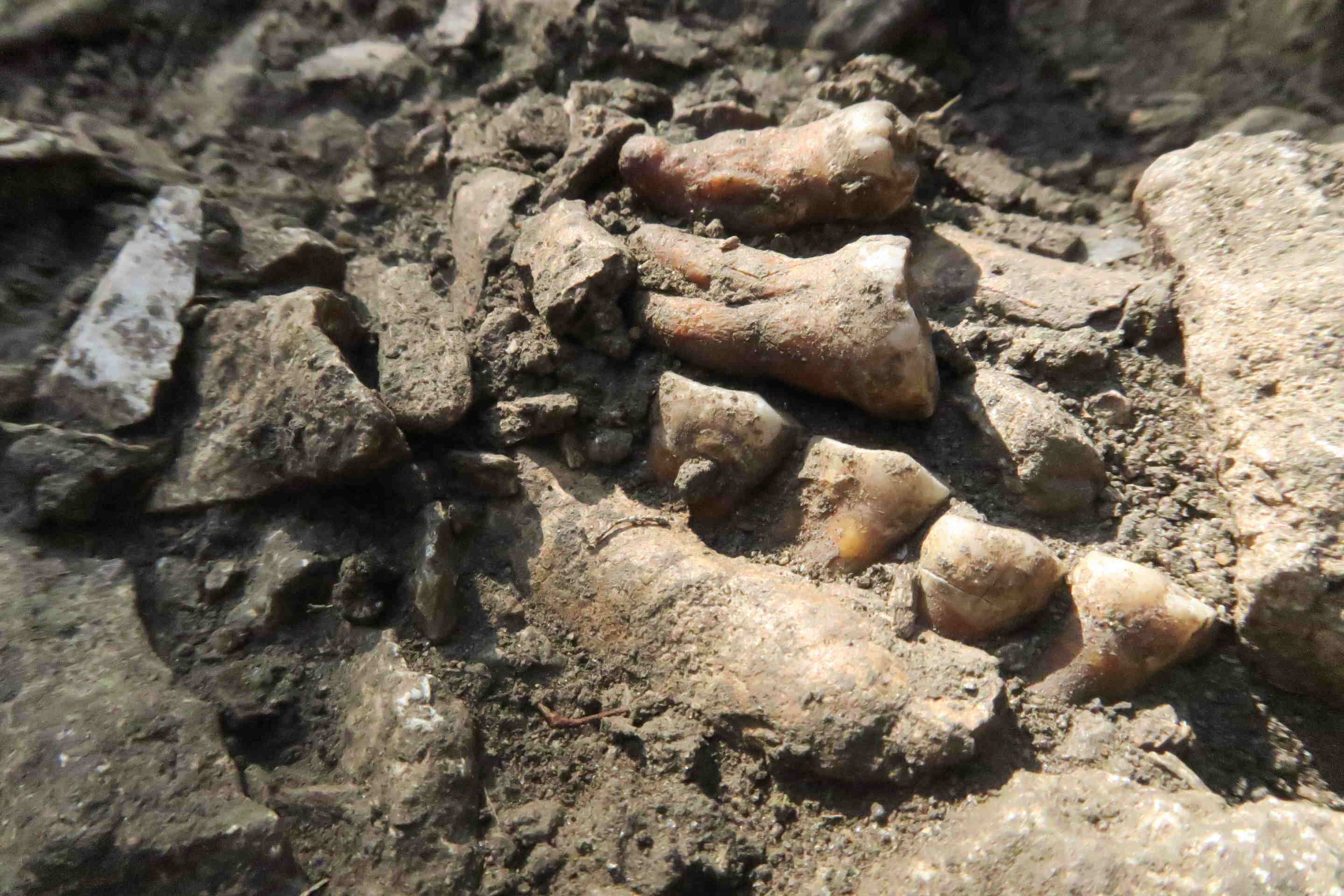
What is the ancient lineage of humans? Humans belong to the species Homo sapiens, which evolved around 300,000 years ago in Africa. Our ancient ancestors include species like Homo habilis, known for using tools, and Homo erectus, who walked upright. These early humans migrated out of Africa, spreading across the globe. Our lineage shares common ancestors with other primates, like chimpanzees, from millions of years ago. Fossils and genetic studies help us understand this complex history. Learning about our ancient lineage reveals how humans adapted, survived, and thrived over millennia, shaping the world we live in today.
Key Takeaways:
- Ancient lineages, like the San people of Southern Africa and Aboriginal Australians, have existed for thousands of years, preserving unique cultures and traditions.
- Dynasties such as the Xia Dynasty in China and the Egyptian pharaohs have shaped civilizations for millennia, leaving behind legacies that still influence us today.
Ancient Lineage: A Glimpse into the Past
Ancient lineages have always fascinated historians and archaeologists. These lineages offer a window into the lives, cultures, and traditions of our ancestors. Here are some intriguing facts about ancient lineages that might surprise you.
-
The oldest known human lineage dates back over 200,000 years. Fossils found in Africa provide evidence of early Homo sapiens.
-
The San people of Southern Africa are considered one of the oldest continuous populations, with genetic roots tracing back over 100,000 years.
-
The Aboriginal Australians have one of the longest continuous cultural histories, spanning over 50,000 years.
-
The Basque people of Spain and France have a unique genetic makeup, distinct from their European neighbors, suggesting an ancient lineage.
-
The Ainu people of Japan are believed to be descendants of the Jomon, an ancient culture dating back 14,000 years.
Ancient Dynasties and Their Influence
Dynasties have played a crucial role in shaping civilizations. These ruling families often left behind legacies that influenced future generations.
-
The Xia Dynasty is considered the first dynasty in Chinese history, dating back to around 2070 BCE.
-
The Egyptian pharaohs, starting with the First Dynasty around 3100 BCE, ruled for over 3,000 years.
-
The Akkadian Empire, founded by Sargon of Akkad around 2334 BCE, is one of the earliest known empires in Mesopotamia.
-
The Maurya Dynasty in India, established by Chandragupta Maurya in 322 BCE, unified most of the Indian subcontinent.
-
The Roman Empire, starting with Augustus in 27 BCE, dominated the Mediterranean for centuries.
Cultural Practices and Traditions
Ancient lineages often preserved unique cultural practices and traditions. These customs provide insight into the daily lives and beliefs of ancient peoples.
-
The ancient Egyptians practiced mummification to preserve bodies for the afterlife.
-
The Mayans developed a complex calendar system, which included the famous Long Count calendar.
-
The Druids of ancient Celtic societies were known for their religious rituals and ceremonies, often held in sacred groves.
-
The Inca civilization practiced terrace farming, which allowed them to cultivate crops on mountainous terrain.
-
The Vikings, known for their seafaring prowess, also had a rich oral tradition of sagas and poetry.
Ancient Lineages and Their Languages
Languages are a vital part of cultural heritage. Many ancient lineages developed languages that influenced modern tongues.
-
The Sumerians, one of the earliest civilizations, developed cuneiform writing around 3400 BCE.
-
The ancient Greeks contributed significantly to the development of Western languages, with many English words having Greek roots.
-
The Sanskrit language, used in ancient India, is the root of many modern Indian languages.
-
The Phoenicians developed an alphabet that influenced Greek and Latin scripts.
-
The ancient Chinese developed one of the oldest writing systems, which has evolved but remains in use today.
Genetic Discoveries and Ancient Lineages
Modern science has allowed us to uncover fascinating details about ancient lineages through genetic research.
-
DNA analysis of Ötzi the Iceman, a 5,300-year-old mummy, revealed insights into the genetics of ancient Europeans.
-
The Denisovans, an extinct species of human, were discovered through genetic analysis of a finger bone found in Siberia.
-
Genetic studies have shown that modern humans interbred with Neanderthals, contributing to the genetic diversity of contemporary populations.
-
The Y-chromosome haplogroup R1b is common in Western Europe and is believed to have spread during the Bronze Age.
-
Mitochondrial DNA studies have traced the maternal lineage of all modern humans back to a single woman, often referred to as "Mitochondrial Eve," who lived around 150,000 to 200,000 years ago.
The Legacy of Ancient Lineages
Ancient lineages offer a fascinating glimpse into our past. They connect us to our ancestors, revealing how cultures, traditions, and knowledge have evolved. These lineages show the resilience and adaptability of human societies over millennia. From the intricate family trees of royal dynasties to the oral histories of indigenous tribes, each lineage tells a unique story.
Understanding these connections helps us appreciate the diversity and richness of human history. It also reminds us of the shared heritage that binds us all. Whether you're tracing your own family roots or studying the great civilizations of the past, there's always something new to learn.
So, next time you come across an ancient lineage, take a moment to reflect on the incredible journey that brought us here. It's a testament to the enduring spirit of humanity.
Frequently Asked Questions
Was this page helpful?
Our commitment to delivering trustworthy and engaging content is at the heart of what we do. Each fact on our site is contributed by real users like you, bringing a wealth of diverse insights and information. To ensure the highest standards of accuracy and reliability, our dedicated editors meticulously review each submission. This process guarantees that the facts we share are not only fascinating but also credible. Trust in our commitment to quality and authenticity as you explore and learn with us.


